In the intricate fabric of world politics, where threads of history intertwine with the mercurial dance of power dynamics, Poland has audaciously decided to challenge long-established narratives and, more significantly, the looming influence of Russia. It is an intriguing ballet, where the past can be reshaped as readily as clay under a sculptor’s touch.
From this point forward, Poland intends to refer to the Russian enclave of Kaliningrad solely by its former Polish name. In both its official parlance and its cartography, Poland will adopt the designation “Królewiec,” following the advice of a dedicated renaming committee. This resolution has been relayed by the Polish government, sounding a clear note of determination that reverberates in diplomatic circles.
Waldemar Buda, Poland’s Minister of Development, has articulated a staunch opposition to the encroaching tide of “Russification.” With unwavering resolve, he announced Poland’s decision to refer to Kaliningrad and its environs in its own vernacular. It is a veiled provocation, a quiet struggle waged on the linguistic front, as Poland asserts its independence against its imposing neighbor’s influence.
In 1946, the city, once identified as Königsberg – clearly signifying its German roots – was rechristened Kaliningrad. This new moniker, given in memory of Mikhail Kalinin, a Soviet figure linked with the tragic mass execution of Polish officers in Katyn in 1940, heralded a new epoch. However, the Polish government now seeks to jettison the name Kaliningrad, casting it off as an undesired vestige of the past, eliciting the Kremlin’s ire in the process.
To comprehend fully the scope of this unfolding drama, we must voyage back to the year 1255. It was then that Königsberg was established by the Teutonic Knights, a medieval German military order. The city, named in honor of King Ottokar II of Bohemia, a patron of the knights, flourished into a significant Prussian hub, brimming with cultural and economic vitality.
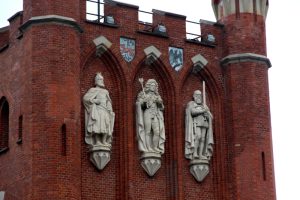 In the haunting predawn hours of August 30, 1944, East Prussia’s heart, its capital city, was swallowed by an apocalyptic inferno, ignited by a rain of phosphorus bombs. This merciless onslaught, orchestrated by the British Royal Air Force with a fleet of 650 bombers, saw the planes blindly traversing a dense blanket of clouds, their lethal payload aimed unerringly at the city’s teeming core.
In the haunting predawn hours of August 30, 1944, East Prussia’s heart, its capital city, was swallowed by an apocalyptic inferno, ignited by a rain of phosphorus bombs. This merciless onslaught, orchestrated by the British Royal Air Force with a fleet of 650 bombers, saw the planes blindly traversing a dense blanket of clouds, their lethal payload aimed unerringly at the city’s teeming core.
The aftermath of the relentless firestorm, unleashed by the explosive and incendiary bombs, left little trace of what once was a dignified city. Königsberg, a beacon of historical importance imbued with a Prussian culture nurtured over centuries, was ruthlessly erased from existence. The city’s prized architectural gems – its stately cathedral, the majestic Hohenzollern Castle, the revered university, the venerable churches, the neoclassical edifices, and the aged warehouses gracing the harbor – were reduced to nothing more than charred skeletons in the wake of the conflagration.
The human toll was equally devastating. An estimated 4,500 souls were lost to the flames, their lives snuffed out in an instant. Nearly 200,000 Königsberg denizens found themselves suddenly stripped of their homes, their city, their history – helpless victims to the indiscriminate brutality of war.
The Königsberger Allgemeine Zeitung exploded in an emergency edition, spitting accusations of a “barbaric terror attack by the British air gangsters,” driven by nothing less than a “raw, bloodthirsty lust for slaughter.” Yet, the paper defiantly proclaimed, the malevolent design of these “fiends,” to bolster the Bolsheviks through these savage attacks on the city, “shall meet a bitter end.”
Meanwhile, the cold, unyielding machinery of Stalin’s 3rd Belorussian Front was already grinding into motion, poised for an onslaught on East Prussia. A mere seven months later, a formidable Soviet juggernaut of 240,000 soldiers thundered forth, launching their “relentless siege of the fascist lair.” The beleaguered German defenders of the “Fortress Königsberg,” a paltry 10,000 men starved of weapons and ammunition, were pitifully outmatched. General Otto Lasch, in a tragic surrender that came all too late, capitulated on April 9, 1945.
In the remains of the besieged city, an estimated 125,000 civilians and refugees clung to the fragile strands of life in dank cellars and claustrophobic air-raid shelters. Forbidden to evacuate in time, they were human flotsam in the tides of war, and during the gruesome melee, a quarter, or perhaps even more, were swept away into oblivion.
The shattered survivors then found themselves in the chilling grip of the occupying Soviet power’s brutal reign of terror, a grim landscape marked by rampant sexual assaults, savage riots, and cold-blooded executions. The renowned journalist Countess Marion Dönhoff, who spent her childhood in the nearby Friedrichstein Castle, observed that no other German metropolis bore the brutal scars of war and the post-war period as profoundly as Königsberg. It was a city whose very “historical heartbeat” had been savagely silenced.
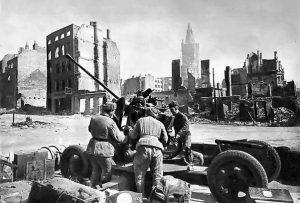
The city and its region were annexed by the Soviet Union in 1945 as war booty. Once distinctly German, it now bore a Russian visage.
Thus, we circle back to the present day, where Poland is insistent on addressing Kaliningrad by its old Polish name, Królewiec. The move appears to be a bid to claim a stake in the ever-shifting terrain of history, a development that has understandably ruffled Russian feathers.
Dmitry Peskov, the Kremlin’s spokesman, has expressed consternation at Poland’s move, deeming it not merely unfriendly but blatantly antagonistic. It is easy to see why, for today’s Kaliningrad is unambiguously Russian. Its German origins have been steadily eclipsed by Russian history, influence, and demographics. As every sane man knows: demography is destiny.
As Poland revisits historical events, particularly the Katyn massacre – a monumental crime that Russia was slow to recognize – it is evident that present-day Kaliningrad is thoroughly Russified. Scant traces of its German heritage remain, and the Polish name Królewiec seems out of place. It is a complex narrative that continues to evolve on the world stage. In the vast panorama where historical strands are woven with the unpredictable dictates of politics, a narrative of identity and influence unfurls. Poland, like a defiant actor on this European stage, has chosen to challenge the chronicles of history and, more pointedly, the long shadow of Mother Russia.
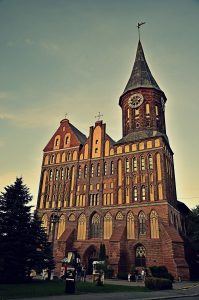 Immanuel Kant, a colossus in the philosophical sphere, was indelibly tied to the locale now recognized as Kaliningrad, the city that cradled him throughout his existence. An undying tribute to his profound influence is embodied in a commemorative plaque, attached to the surviving fragment of the once majestic Königsberg Castle. This memorial, etched in the linguistic threads of both German and Russian, resides in close proximity to Kant’s tomb adjacent to the Lutheran cathedral, as if guarding his eternal slumber. It has the function of a time portal to the period between 1758 and 1763, when Königsberg was occupied by Russian forces as a result of Frederick the Great’s wars.
Immanuel Kant, a colossus in the philosophical sphere, was indelibly tied to the locale now recognized as Kaliningrad, the city that cradled him throughout his existence. An undying tribute to his profound influence is embodied in a commemorative plaque, attached to the surviving fragment of the once majestic Königsberg Castle. This memorial, etched in the linguistic threads of both German and Russian, resides in close proximity to Kant’s tomb adjacent to the Lutheran cathedral, as if guarding his eternal slumber. It has the function of a time portal to the period between 1758 and 1763, when Königsberg was occupied by Russian forces as a result of Frederick the Great’s wars.
Russian officers found themselves captivated by the luminescence of Kant’s discourses. The plaque is a perpetuating homage to Kant, standing firm in a city that has navigated through tumultuous waves of transformation. It amplifies the philosopher’s perennial resonance, which transcends geopolitical boundaries and linguistic constructs. A silent sentinel, the plaque serves as a poignant reminder that regardless of the city’s metamorphosis from Königsberg to Kaliningrad, the intellectual footprints of Kant continue to ripple through its historical edifice, stirring a sense of mystifying wonder.
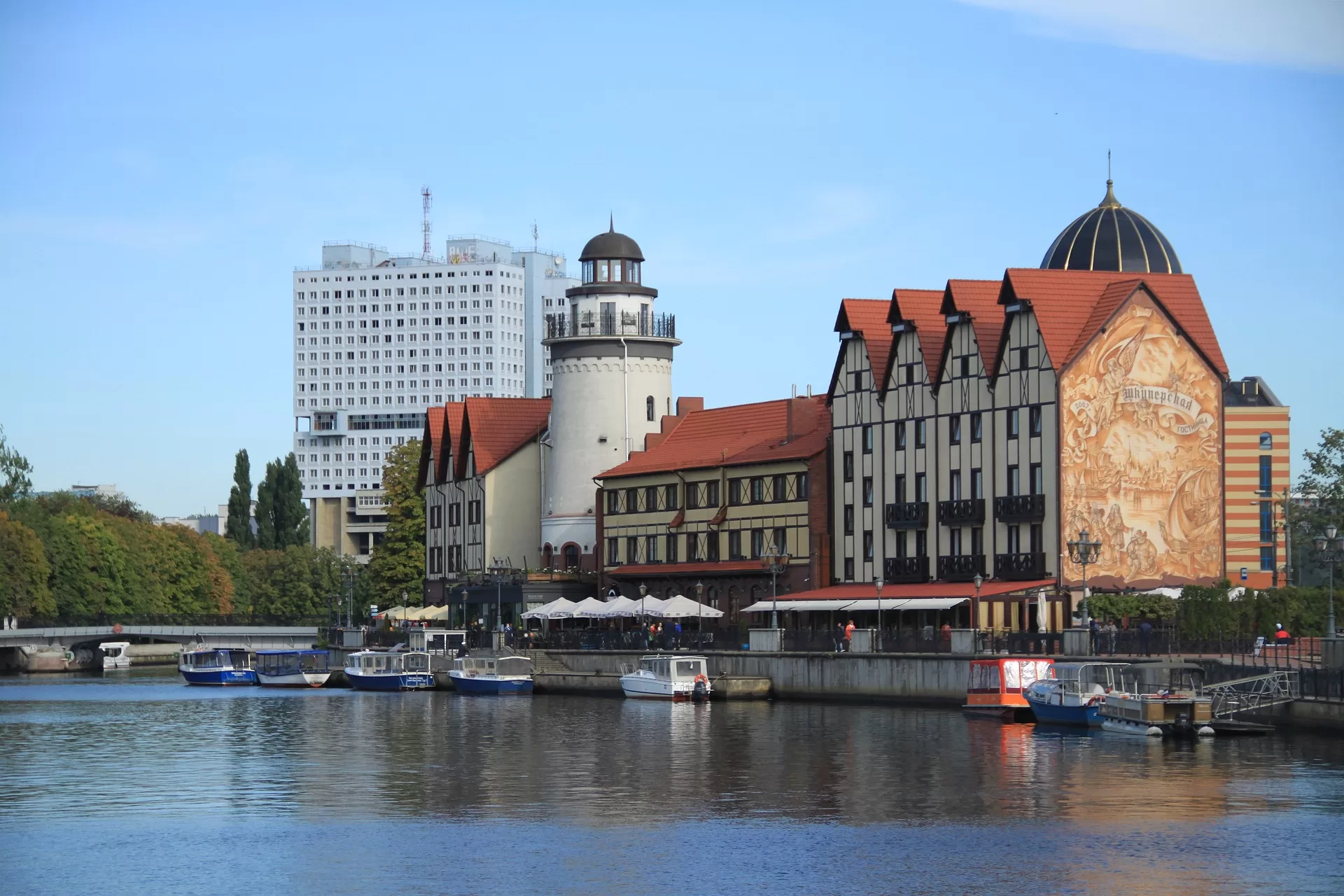




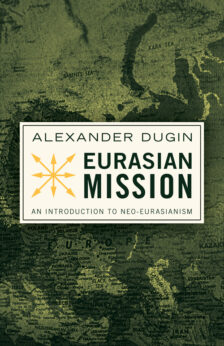
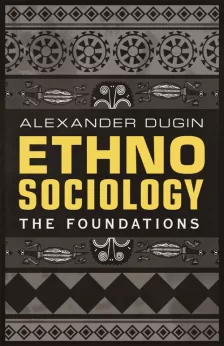



The way the lunatics running the Polish state are moving Warsaw will have a Russian name in ten years.
I visited Konigsberg in 2008. My mother was born in the German city Memel before WW II. Memel is now called Klaipeda and it is 85 miles away from Konigsberg. I had visited Memel a couple of times a few years earlier. My mother’s family had a summer home a few miles outside the city of Konigsberg before the war. I took a bus to that little village in 2008 too. I also saw Kant’s tomb at the cathedral. The cathedral was rebuilt with German money.
My mother left Memel with her family when she was about five years old and she grew up in a city called Brieg, not far from Breslau, until she fled in 1945. Brieg and Breslau were given to Poland after the war.
I feel insulted by the Poles too, and I think I have more of a right to feel insulted than the Russians. Unfortunately, like the US, Germany is now an economic basket case. In 1991, when the USSR collapsed and broke up, Germany might have had an opportunity to get back some of their stolen lands, or today if they had not fallen so far. But, while the west has become a shithouse since 1991, Russia has recovered and made itself into a major military power.
Very interesting, thanks for posting!